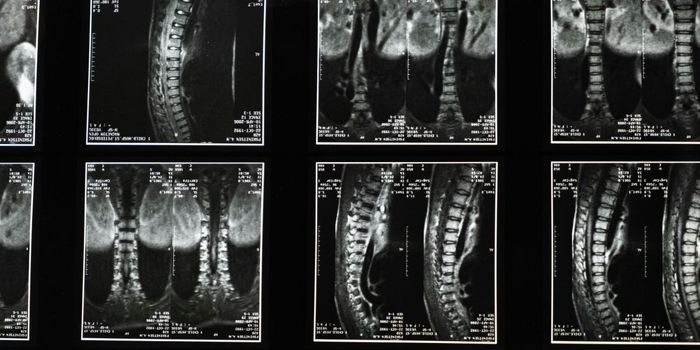The Intersection of Mental Health and Cardiovascular Outcomes
The link between mental health and cardiovascular outcomes has garnered increasing attention in recent years. An article published in the Journal of the American Heart Association sheds light on this crucial intersection, offering insights into how mental health interventions may impact cardiovascular disease (CVD) outcomes.
The study examined the impact of mental health treatments, including pharmacotherapy and psychotherapy, on cardiovascular outcomes among patients with depression and anxiety.
Patients who received psychotherapy, antidepressants, or both, showed significantly lower hazard ratios for all-cause mortality compared to those who did not receive mental health treatment. Additionally, there was also a notable decrease in emergency department visits and hospital readmissions among patients undergoing mental health interventions. Ultimately, this demonstrates a huge opportunity to improve patient outcomes. While the first priority of treatment is patient safety, this study indicates a potential avenue for improving healthcare utilization and reducing costs.
These findings have significant implications for clinical practice in cardiovascular care. First and foremost, they underscore the importance of recognizing and addressing mental health issues in patients with cardiovascular disease. Screening for anxiety and depression should be integrated into routine clinical assessments, allowing healthcare providers to identify individuals who may benefit from mental health interventions.
By integrating mental health interventions into cardiovascular treatment plans, clinicians can provide more holistic care to patients, addressing both physical and psychological aspects of their health.
This new study opens up avenues for further research into the mechanisms underlying the relationship between mental health and cardiovascular outcomes. Future studies could explore the biological pathways through which mental health interventions exert their effects on cardiovascular health. Additionally, longitudinal studies could provide insights into the long-term impact of mental health treatments on cardiovascular morbidity and mortality.
From a policy perspective, the findings of the study highlight the importance of integrating mental health services into healthcare systems. Policies aimed at improving access to mental health care, reducing stigma, and promoting interdisciplinary collaboration could enhance the quality of care for patients with cardiovascular disease.








